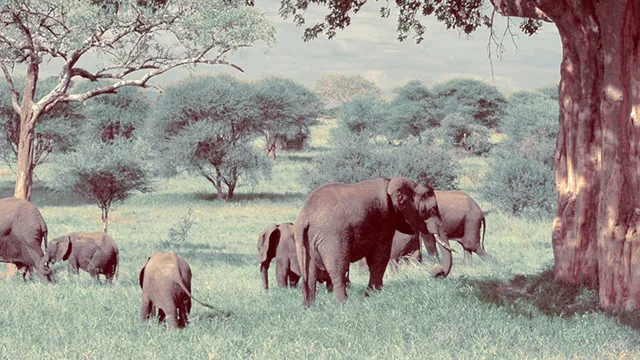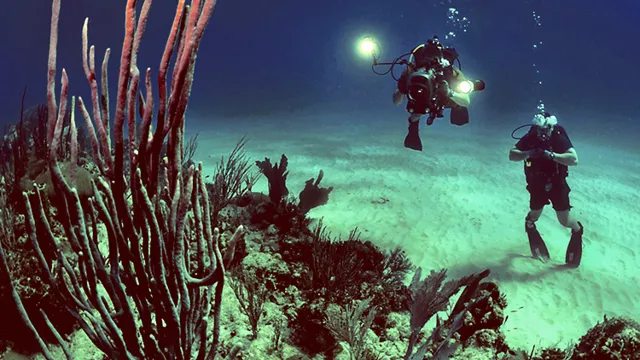Zoology with Animal Care & Ornithology (Bird Science)
NextGen Learning
8-in-1 Career Guided Bundle | CPD Accredited | 8 Free PDF Certificates | 80 CPD Points | Lifetime Access
- Online
- 32 hours · Self-paced
- Certificate(s) included
- 80 CPD points
- Tutor support
Are you ready to embark on an enlightening journey of wisdom with the Zoology bundle, and pave your way to an enriched personal and professional future? If so, then Step into a world of knowledge with our course bundle - Zoology with Animal Care & Ornithology (Bird Science).
…







